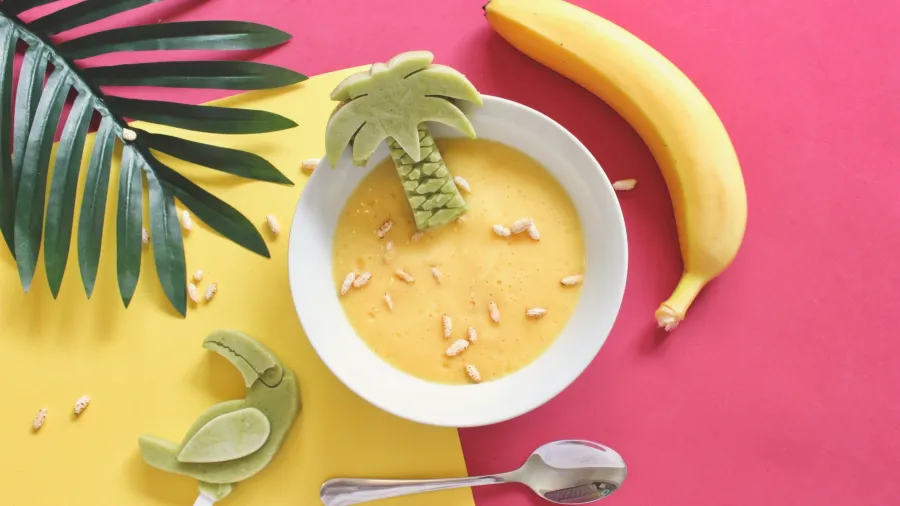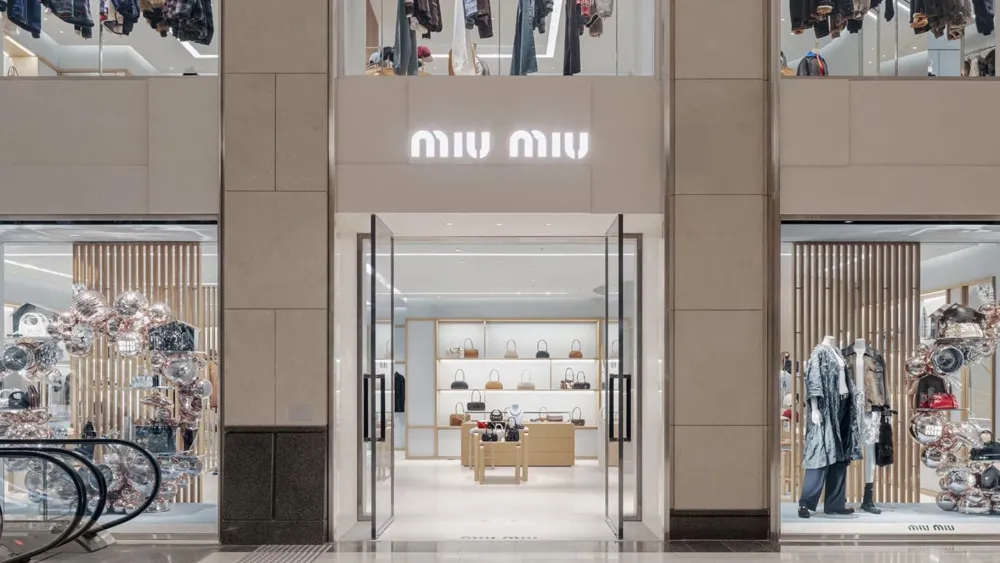
Philippines’ baby food market to shrink by 4.5% annually until 2028
This is due to the lower childbirth rates and rising inflation.
The baby food market in the Philippines is expected to decline by 4.5% on average annually to reach $826.7m by 2028 as the government pushes for public access to contraceptives and family planning that resulted in childbirth rates.
In a report, GlobalData said the rising inflation will also contribute to constraining spending on baby food products.
“Demographic changes taking place with respect to the baby population and live birth rates, and the government’s measures to restrict the number of births coupled with an increase in the number of working women will contribute to a decline in the Philippines’ baby food market,” said Shraddha Shelke, consumer analyst at GlobalData.
READ MORE: Philippines’ retail sector shows signs of improvement: report
Within the sector, baby milk was the largest category in terms of value and volume in 2022, with a GlobalData survey showing 47% of 369 respondents saying they spent a very or quite high among on baby milk in the fourth quarter of the year. Around 43% also said they spent a high amount on baby food.
Per capita expenditure on baby food in the country increased to $267.1 in 2022 from $204.1 in 2017 due to a high inclination for high-quality products, exceeding the regional level of $177.3 and $167.2 globally.
But as the economy rebounds, following the high inflationary pressures, consumer spending is seen to recover in value sales and reach $271.2 by 2027.
“The Philippine baby food market’s growth is tied to the economic fortunes of the country. The rising disposable income of Filipino families with babies will stimulate sales of premium and organic baby food products,” the analyst said.
“To build a stable consumer base in the country amid changing demographic conditions, manufacturers should focus on offering affordable premium baby food products with value-added benefits,” Shraddha added.



















 Advertise
Advertise







